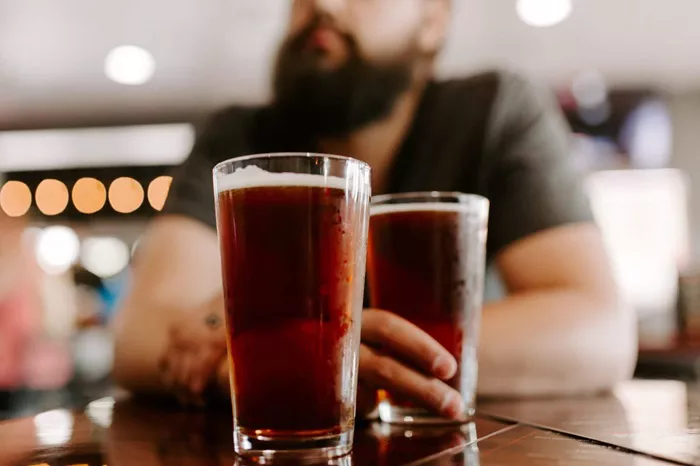Boston Beer Company (NYSE: SAM) announced a 5.3% year-over-year increase in revenue for the first quarter of 2025, reaching $454 million. Shipments also grew by 5.3%, while depletions—representing the sales of its products to retailers—declined by 1% compared to the same period last year. The divergence between shipments and depletions was largely attributed to strong performance in the Sun Cruiser, Hard Mountain Dew, and Twisted Tea brands, which were partially offset by a drop in sales of the Truly brand.
The company reported a significant improvement in its gross margin, which rose to 48.3% of sales, compared to 43.7% in Q1 of 2024. This margin expansion was primarily driven by price increases, cost savings from procurement, and reduced brewery processing costs per barrel, stemming from higher volumes and better efficiencies. However, these gains were partially countered by inflationary pressures.
CEO Michael Spillane noted that Boston Beer’s Q1 results reflect a solid start to the year, marked by market share growth and an expanded gross margin. Despite the ongoing challenges of the macroeconomic environment, Spillane emphasized that the company remains focused on executing its operational plans for the summer, particularly through its core brands and new product innovations. Targeted advertising investments will support these areas of focus.
“We have a diversified portfolio of iconic brands, a strong innovation pipeline, and the best sales force in the beer industry,” Spillane stated. “Our strong balance sheet enables us to make incremental brand investments for 2025 and return cash to shareholders, with $61 million in stock repurchases year to date.”
Looking ahead, Boston Beer reiterated its full-year guidance and cautioned that tariff impacts had not been fully incorporated into the forecast. The company estimated that tariffs would result in a cost increase of $20 to $30 million for 2025, or roughly $1.25 to $1.90 per diluted share. This includes an anticipated negative impact on gross margins of 50 to 100 basis points.
The company also reported that distributor inventory levels were in line with expectations, averaging approximately five weeks on hand at the end of Q1, compared to four weeks at the end of Q4 2024 and 4.5 weeks at the same time last year.
Despite a sharp year-to-date decline, shares of Boston Beer rose 4.8% in after-hours trading on Thursday.
You Might Be Interested In:


